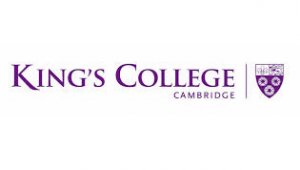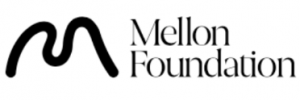King's College Cambridge Junior Research Fellowships

Each year, the college holds competitions for Research Fellowships, both Stipendiary and non-Stipendiary. These support gifted young researchers for four years; generally Research Fellows are appointed within two years of the award of a doctorate.
The Fellowships give young researchers an opportunity to establish their career before moving on to become fully independent researchers. Research Fellows have freedom to carry out their chosen research projects within the academic environment of the College and the University departments.
Usually, Research Fellows are appointed by the College Research Committee following interviews in mid-July and mid-January. One Fellow is usually appointed in sciences and one in arts and humanities on each occasion. For July appointments, advertisements will appear in April and May, with closing dates for applications between the end of April and beginning of June. Shortlisted candidates will be informed in mid-June to early July. For January appointments, advertisements will appear in August with closing dates in September. Shortlisted candidates will be informed in the first part of December.
Open Roles: Academic Positions and Fellowships
Stipendiary Research Fellowship in the Art, Literature, Music or Visual Culture of the Global South.
Closing Date:
Monday, September 18, 2023
Stipendiary Research Fellowship In Physical Natural Sciences.
Closing Date:
Monday, September 18, 2023
Stipendiary Research Fellowship in the History and Culture of the Countries of the Silk Roads.
Closing Date:
Friday, 27 October, 2023


